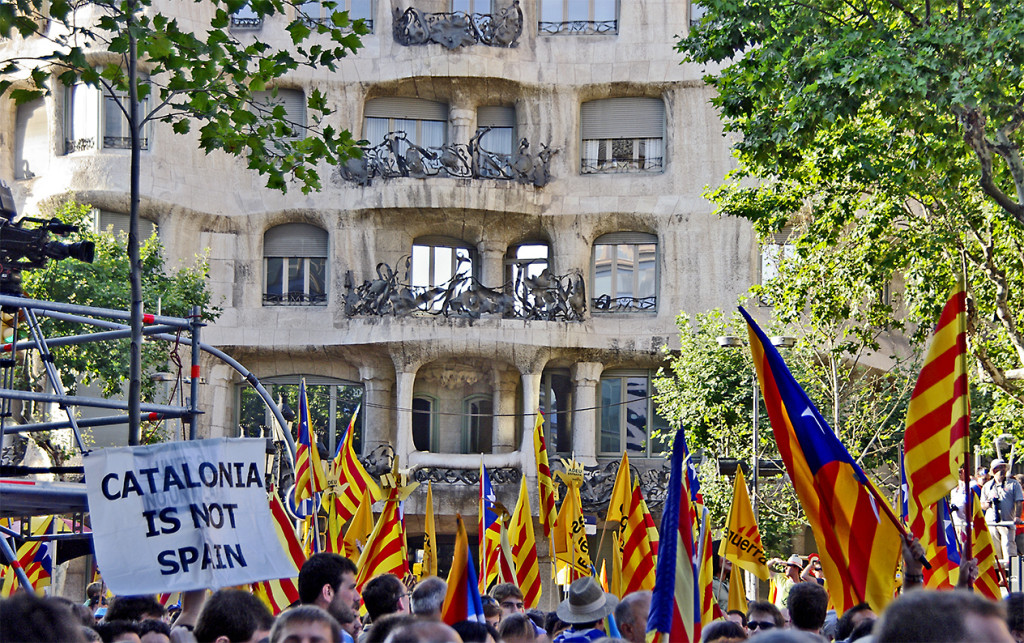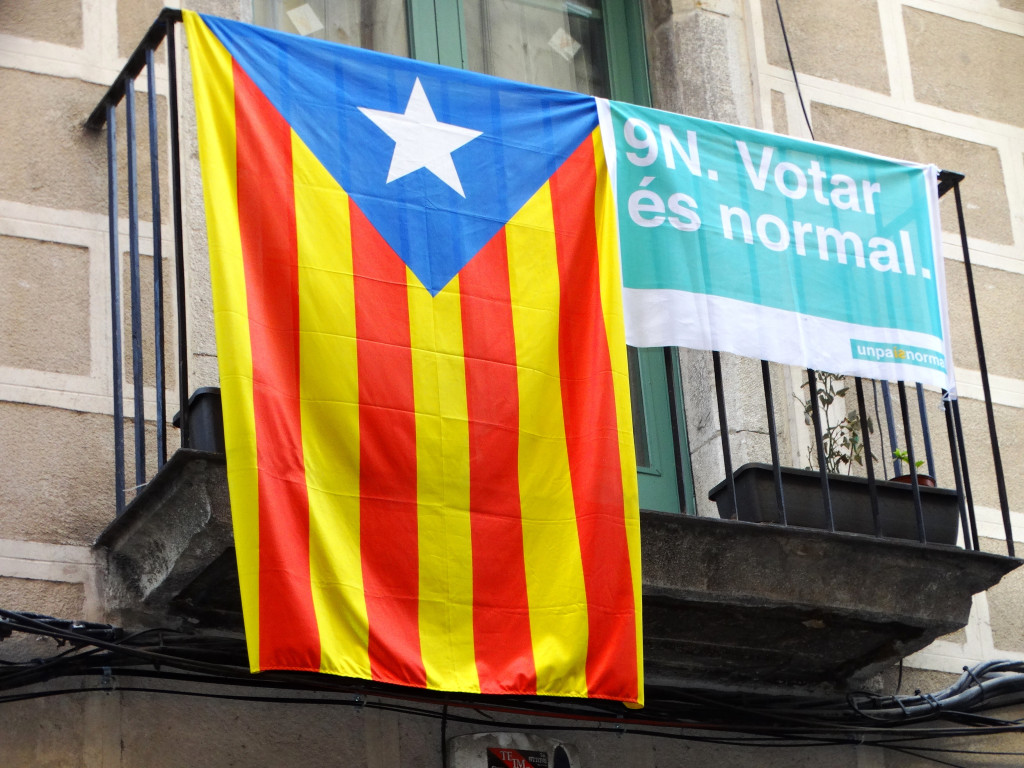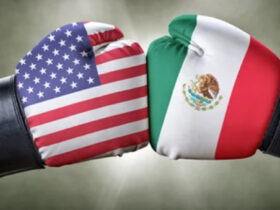This article is the first part of Glimpse’s three-part series on states seeking independence.

Several years ago, I studied abroad for the summer in Madrid, Spain. The best friend of my Spanish host sister had just left Madrid to study at a boarding school in Barcelona. I remember listening to her talk to my host sister on the phone, and hearing her stories when she returned to Madrid for visits. “It’s like another country over there,” she said. “I can’t even speak the language.” Barcelona, the capital of the Spanish region known as Catalonia, is a mere four-hour drive from Madrid, and yet, as I learned during my first summer living in Spain, all Spaniards – no matter what region they come from – think of Catalonia as a foreign land.
The Catalans think no differently. They believe in their autonomy from the rest of the country. They purposefully speak their own language, Catalan – not the Castilian Spanish that the rest of the country and the Spanish-speaking world use. No wonder my host sister’s friend had so much trouble – Catalans intentionally foster an independent language and culture than those of every other Spaniard.
For many centuries, the histories of Catalan and Spain were linked only by geographic proximity. The first text in the Catalan language was published in the 12th century, and the Catalan Parliament was first assembled in 1283. But, in 1410, the crown of the House of Barcelona was passed to Ferdinand of Aragon, who married Isabella I of Castile, and the two regions united what is more or less modern day Spain. The Castilians did not take long to overpower the Catalan people and gain control of the peninsula. Over the following 300 years, the Catalans repeatedly attempted to regain their independence, until they backed the losing Hapsburg side in the War of Spanish Succession. On September 11th, 1714, Catalonia officially lost all remaining independent political freedoms, and rejoined Spain once again. Two years later, Barcelona lost its capital city status to Madrid, and the Catalan language was banned from the country.
But the people and the region have not forgotten their original goal. Just last week, on September 11th, the 300th anniversary of the loss of Catalan independence, hundreds of thousands of Catalans took to the streets around the region to demonstrate and raise awareness for the latest campaign for freedom.

These demonstrations were also timed purposefully to shadow the Scottish referendum voting campaigns that seek to grant Scotland independence from the UK. While there are of course many differences between the two semiautonomous states – smaller regions existing with some level of political and economic autonomy within larger, internationally recognized nation states – of Scotland and Catalonia, perhaps the greatest difference between the two regions’ quest for independence is their freedom to seek it. The UK granted Scotland a vote, meaning that it’s now up to the Scottish people to vote “yes” for independence or “no” to stay in the UK.
As of now, there is no such choice in Catalonia. The Spanish government has declared the secession of any region of Spain unconstitutional. Therefore, the government will not grant Catalonia the same vote given to Scotland by the UK. What’s more, the Spanish constitution gives the Spanish military the right to intervene in order to keep the union of the country whole: Catalonia could face war if they push independence too far.
Even if Catalonia was granted the right to vote for independence from Spain, and even if a majority of the people voted to secede, there would certainly be enormous obstacles to face as a new country – similar obstacles to what Scotland would have to deal with if they vote to secede this week. The economic burden of separating from the ‘mother country’, the political burden of building new alliances and relationships with other states and becoming members of the EU, the social burden of creating a new collective identity: all of these problems and more would have to be faced head on by the Catalans in economically damaged global and regional systems that require alliances to affect change. It would be a daunting task to build a new country in today’s climate, and the Spanish government is working very hard to remind the Catalans of this reality.
Regardless of these challenges, the Catalans are focused unwaveringly on the freedom they believe has been taken from them for 600 years. The President of Catalonia, Artur Mas, has said that the Catalans understand that independence would have its costs. What the Catalans want most of all, though, is their share in democracy – and for the Spanish government to give the Catalans their own choice and a vote for independence. “Catalans want to vote,” Mas said. “We want to vote in order to become masters of our own future.”
The views expressed by these authors do not necessarily reflect those of the Glimpse from the Globe staff, editors, or governors.







